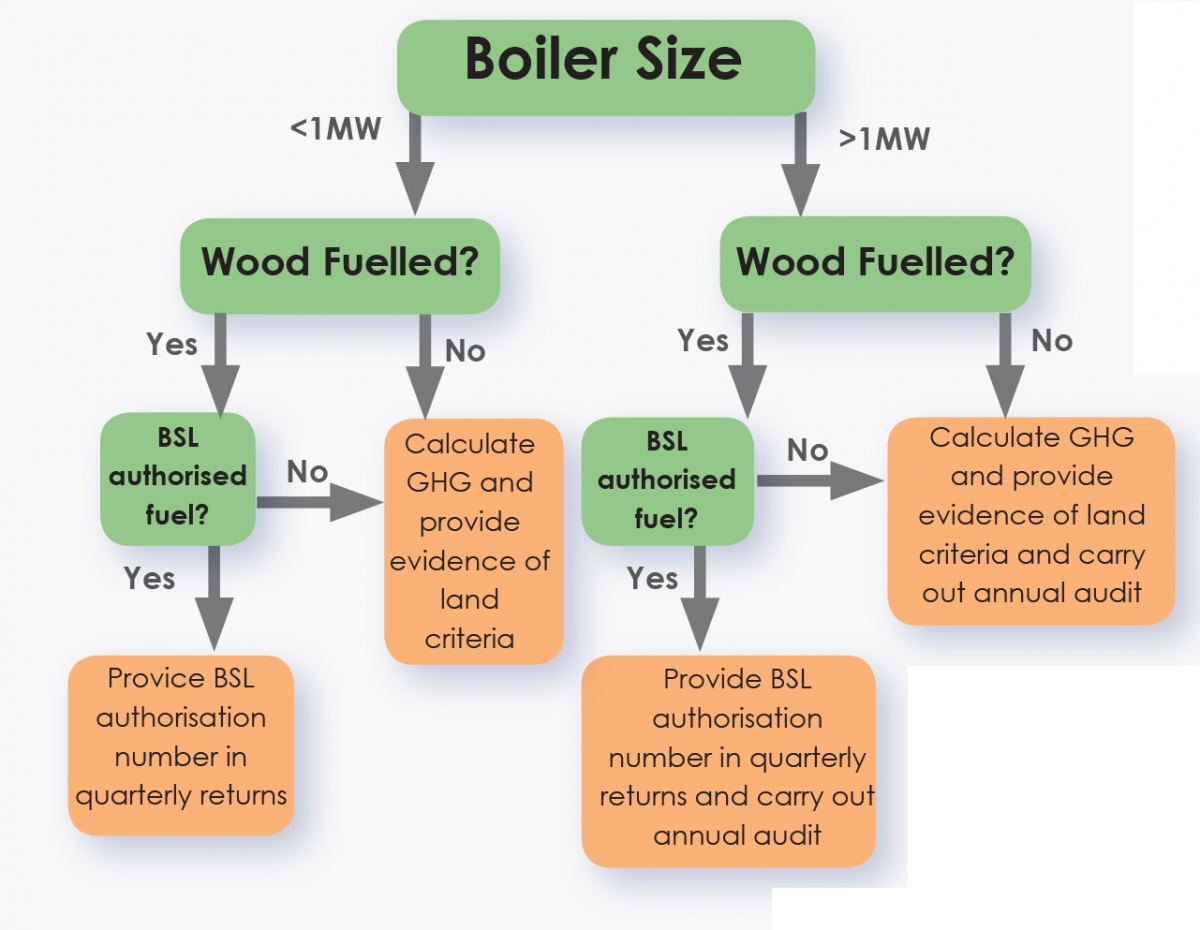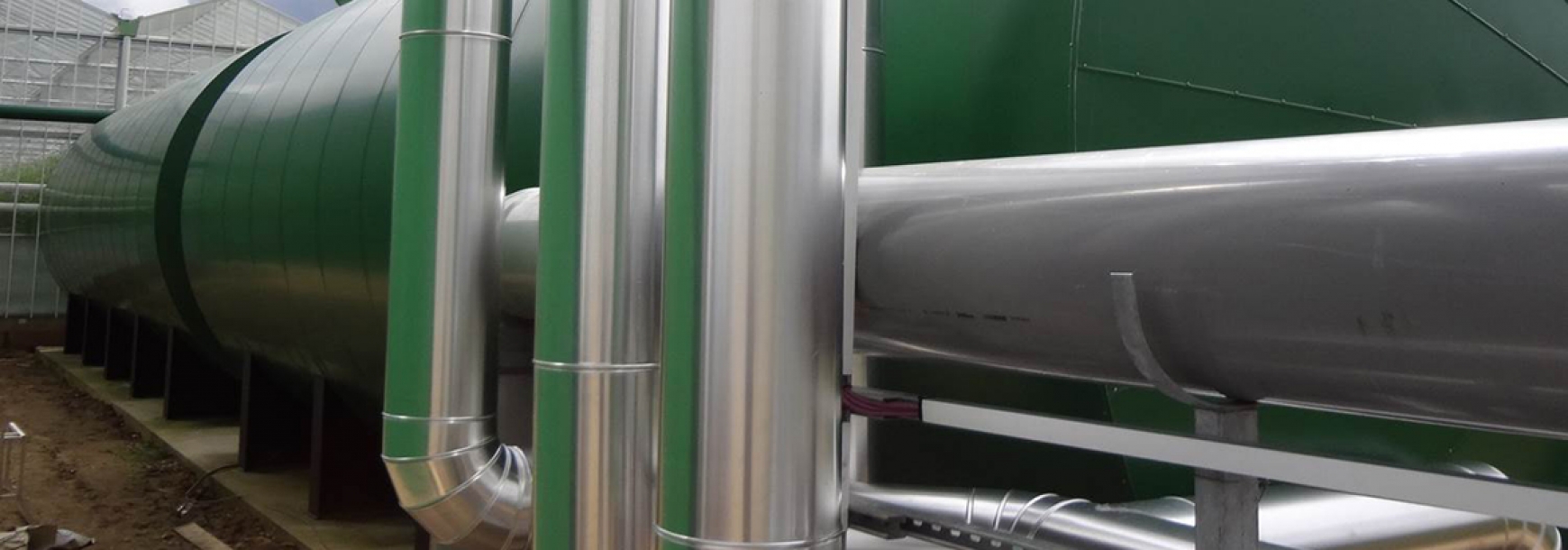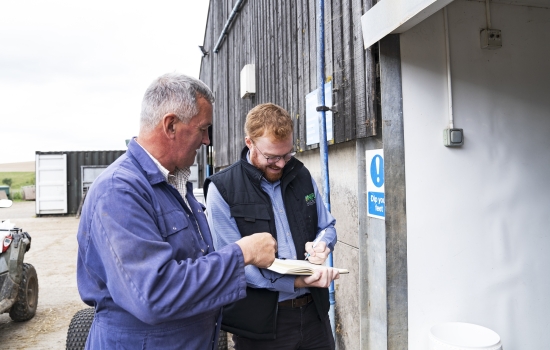Congratulations on achieving RHI accreditation!
Now that your renewable heat installation has qualified for payments under the Renewable Heat Incentive (RHI) scheme, there are several ongoing obligations with which you need to comply. These obligations are laid out by Ofgem, which administers the RHI scheme on behalf of the government.
In order to meet Ofgem’s requirements, you will need to submit data relating to your installation on a regular basis. (Read on to find out more about this.) You will need to log in to your account on Ofgem’s dedicated RHI website to submit this data: https://rhi.ofgem.gov.uk
Please note that this guide is simply a summary of your ongoing RHI obligations. For the ‘definitive’ guide, visit Ofgem’s RHI website to download the full guidance document: ‘Renewable Heat Incentive Guidance Volume Two: Ongoing obligations, payments’
Reporting to Ofgem
In order to receive payments under the RHI scheme, Ofgem requires you to submit information relating to your installation and your fuel.
Sustainability reporting
From autumn 2015 all RHI participants will need to comply with the fuel sustainability regulations. To demonstrate compliance you must show that the fuel you burn meets the following criteria:
- Fuel must meet a lifecycle greenhouse gas (GHG) emissions target of 34.8 grams of C02 per Megajoule (gCO2/MJ) of heat.
- Fuel must be sourced from sustainable land. There are different ways to do this depending on the size of your system and the fuel that is burnt. Below is a diagram of what you need to do. See our Biomass Sustainability Guide for more information.

Providing heat meter readings
Your heat meter(s) are used to calculate your regular payments, so taking heat meter readings is very important. If you are ever audited, these records will be required to prove that your system is functioning correctly and that you have received the correct payments.
We advise you to read your heat meter at least once a month — ideally once every week. You must report your heat meter readings to Ofgem when required.
How frequently you need to do this will depend on the size of your installation.
- If your biomass installation is less than 1 MWth in capacity:
- You will need to report to Ofgem once a quarter.
- If your biomass installation is greater than 1 MWth in capacity:
- You will need to report to Ofgem once a month.
Make sure that all meter readings are taken within three days (either side) of the reading date given to you by Ofgem. You need to submit your meter reading within one month of taking it. Payments will be made quarterly in all cases.
Making an annual declaration
The RHI scheme regulations require you to make an annual declaration to Ofgem.
This will confirm that your installation is meeting the RHI scheme’s eligibility criteria and ongoing obligations.
You’ll need to make this declaration before the anniversary date of the accreditation — ideally 30 days before, if possible. You will need to declare that:
- You’re not generating heat for the predominant purpose of increasing your RHI payments.
- You’re properly maintaining your equipment. If Ofgem has concerns, it can seek further evidence and take enforcement action where appropriate.
- The information you have provided for the previous 12-month period was accurate and complete to the best of your knowledge.
- There has been no change in circumstances which may affect your eligibility to receive the RHI.
Providing fossil fuel data
Under the RHI scheme rules, biomass boilers using fossil fuel must use it for ‘permitted ancillary purposes’ only. If your boiler is approved to burn fossil fuels, this will have been stated in your accreditation. However, you must ensure that at least 90% of the energy provided by your boiler has come from biomass.
Ofgem requires you to periodically provide data relating to the fuel you have used to power your RHI-accredited installation. This data will need to prove that the scheme rules have been adhered to. How frequently you need to submit fuel data, and how this will affect your RHI payment, depends on the size of your installation.
If your biomass installation is less than 1 MWth in capacity:
- You must keep records of your fuel use, showing how much fossil fuel you have used.
- You will only need to submit these records to Ofgem if asked to.
- Ofgem will not deduct anything from your RHI payment for your fossil fuel use.
If your biomass installation is greater than 1 MWth in capacity:
- You must keep records of your fuel use, showing your fossil fuel use.
- You will need to send this data to Ofgem every quarter.
- Ofgem will then reduce your RHI payment in accordance with your fossil fuel use.
Maintaining your installation
Access to your installation
You need to allow reasonable access to your accredited installation, and its associated infrastructure, so that Ofgem can carry out audits and inspections.
Plant maintenance
As a general principle, Ofgem requires that you maintain your RHI equipment in line with the manufacturer’s instructions (where available).
Keep any evidence of maintenance work carried out (e.g. servicing receipts), as you’ll need to provide Ofgem with this on request.
Meter maintenance
You need to make sure that all RHI-relevant heat and steam meters, and associated pieces of metering equipment, are:
- Continuously operating in the normal course of business. You’ll need to regularly check that the units work and that they have not been tampered with.
- Properly maintained and periodically checked for errors. Check your manufacturer’s service and maintenance information for details on how to do this.
- Re-calibrated at least every ten years or within the period of time specified in your manufacturer’s instructions where available (whichever is sooner). Calibration needs to be done by either a UKAS-approved company or the manufacturer. You’ll need to keep records of this.
Keeping information accurate
You must notify Ofgem within 28 days of:
- The discovery of any incorrect information in your RHI application.
- Any non-compliance change, including:
- The addition of non-eligible heat use
- The addition of a fossil fuel boiler plant
- The replacement of heat metering.
- Any major changes to the system, including:
- Exporting heat off site
- The addition of other heat uses
- The addition of extra plant
- The removal of any plant.
You must ensure you keep your contact details, bank details, and Authorised Signatory information up-to-date.




